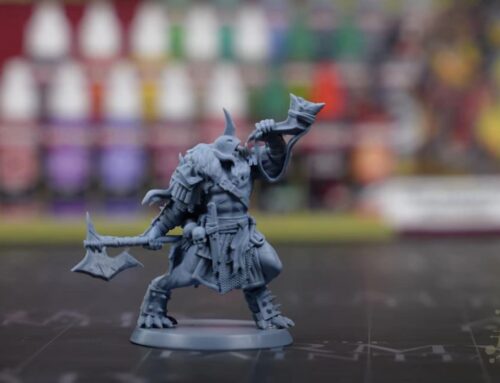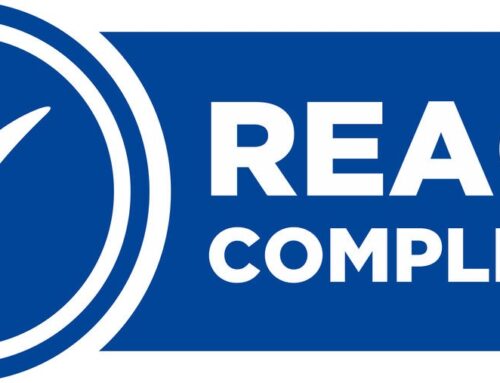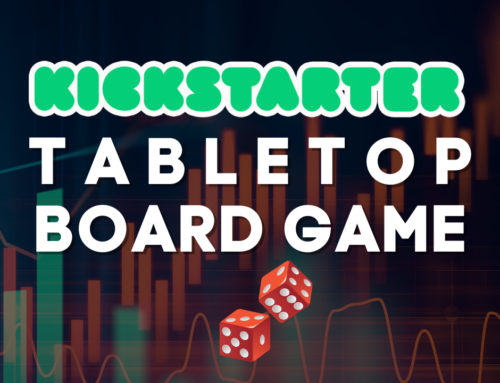In the tabletop gaming industry, Pre-production Copies or PPC is critical. It not only validates the feasibility and playability of game designs but also ensures the final product meets the highest standards in terms of quality and player experience. I this article, Unicool will walk you through the significance of pre-production prototyping in board games and its implications for the gaming industry.
Ensuring the Feasibility of Game Design: The prototyping phase allows game designers and development teams to assess game mechanics, rules, and balance. Through actual prototyping, they can test game flow, decision pathways, and potential strategies. This helps identify and address any issues in the game design, ensuring its feasibility during actual gameplay.
Assessing Component Quality and Readability: Pre-production prototyping provides an opportunity to evaluate the quality of game components such as cards, tokens, game boards, etc. By physically touching and using these components, manufacturing defects, material quality issues, or incorrect specifications can be identified. Furthermore, prototyping verifies the readability and usability of texts, graphics, and symbols on the components.
Testing Playability and Balance: Pre-production prototyping is a crucial stage in evaluating game playability and balance. It allows testing the game experience with different player counts, discovering potential dominant strategies or limitations, and making necessary adjustments. This ensures the game offers balanced challenges and enjoyment for various player groups.
Gathering Feedback for Improvement: Pre-production prototyping not only provides an opportunity for the development team to gather feedback on the game but also allows for collecting players’ opinions and suggestions. This helps refine game details, mechanics, and rules, enhancing the game’s quality and playability. Player feedback is a valuable resource that aids developers in creating a better gaming experience.
Building Trust and Increasing Sales Opportunities: By conducting pre-production prototyping and ensuring game quality, you can build players’ trust in the game. Players tend to purchase games that have undergone thorough testing and polishing for a better experience. Additionally, high-quality games have a competitive edge in the market, increasing sales opportunities and attracting more players.
Minimizing Production Risks: Pre-production prototyping helps mitigate production risks by identifying any flaws or issues early on. By thoroughly testing the game components, mechanics, and rules, you can catch any potential manufacturing challenges or inconsistencies. This reduces the chances of costly reprints or delays during the production phase, ensuring a smoother manufacturing process.
Enhancing Art and Graphic Design: Pre-production prototyping allows you to evaluate the visual elements of the game, including artwork, graphic design, and aesthetics. It provides an opportunity to assess the overall visual appeal and coherence of the game components. Through prototyping, you can make necessary adjustments or enhancements to create an engaging and visually captivating game.
Minimizing Costly Mistakes: Identifying and rectifying design flaws, component issues, or gameplay imbalances during the pre-production prototyping stage helps minimize costly mistakes that could occur during mass production. Addressing these issues early on saves both time and resources, ensuring a smoother production process and avoiding potential product recalls or customer dissatisfaction.
Supporting Crowdfunding Campaigns: Many board games are funded through crowdfunding platforms, such as Kickstarter or Indiegogo. A high-quality pre-production prototype showcases the game’s potential and increases the chances of a successful crowdfunding campaign. It allows backers to have a tangible experience of the game, building confidence and trust in the project.
To conclude, Pre-production prototyping is a critical stage in the development of board games, offering numerous benefits. It ensures game feasibility, component quality, playability, and balance. Additionally, it provides opportunities for improvement, marketing, and delivering an exceptional gaming experience. So Unicool strongly recommends that you prototype your game before mass production. By recognizing the importance of pre-production prototyping, game creators can elevate their designs and maximize their chances of success in the competitive board game industry.






